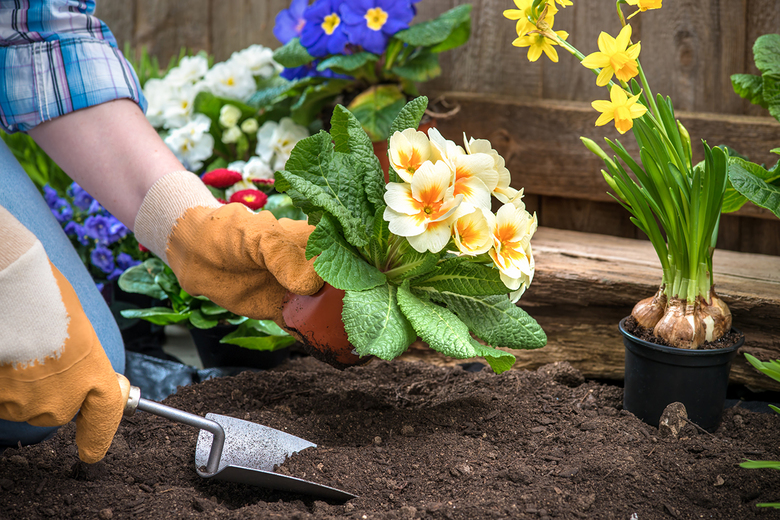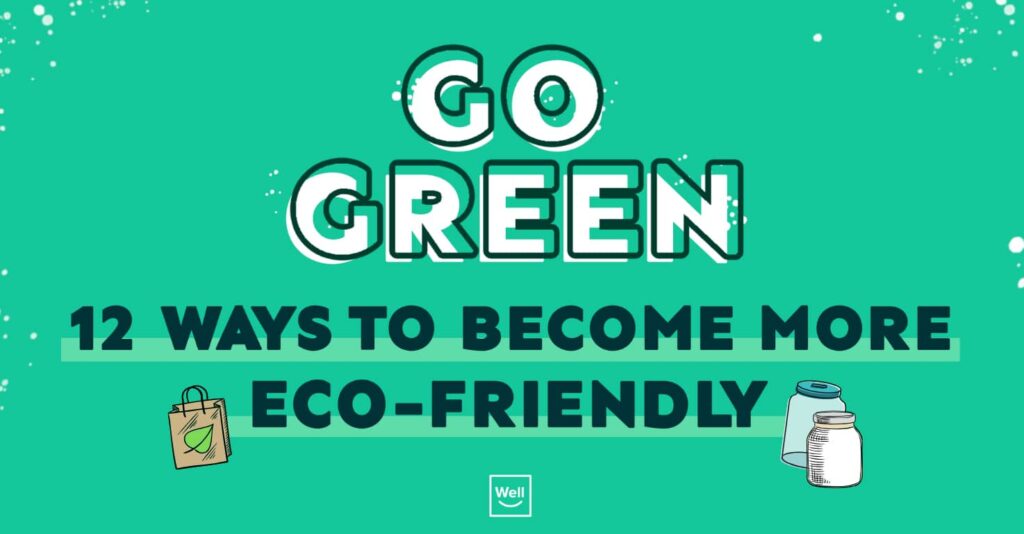by Ingrid Justick:
Vol. 28, No. 3
Creating an organic garden means fulfilling a longing for nature, for beauty, for self-expression, and for the simple act of growing – both within ourselves and our land. In organic gardening, we can invent our own beautiful world, a miniature paradise that gives abundant joy to us and everyone who visits. When gardening, we slow down, breathe deeply, and cultivate patience. Following are some timesaving suggestions:
Plant Choices: Most gardeners grow the flowers they consider most beautiful and vegetables that are most tasty, but if you want a garden to be easy, also consider how much effort particular plants require. Some of the lowest maintenance garden plants are perennials. But since perennials only bloom for one or two months each season, add easy-to-grow annuals including begonias, impatiens, marigolds, and petunias. These annuals will bloom all summer.
Native Plants: The easiest plants to grow in your garden are those that grow native in your region. The non-profit organization, Native Plant Society of New Jersey (www.npsnj.org) offers lists of regional native plants..
Roses: Difficult to grow, but Conrad Pyle’s Knock Out Roses are easy to grow and resistant to diseases and insects and require no toxic chemicals to preserve their beauty.
Tomatoes: Easy to grow but select a variety resistant to disease and insects common in your area. Call your local agricultural extension office and ask which tomato plants they recommend.
Plant Some Herbs: They are almost care free, but very rarely develop a disease and their beautiful scents attract butterflies to your garden.
Some of the following techniques take time to implement early in the season, but they pay off in time saved later:
🙫 Add a 2-inch layer of compost to your garden and mix it with your soil to a depth of about 4 inches before you plant. Nutrients in compost create a stronger, healthier plant that is better able to fend off diseases and pests. If possible, make your own compost.
🙫 Snake a soaker hose through your garden and let it weep water from its tiny holes to your plants for a few hours a day. This saves time from watering by hand. Bury the hose about 1-2 inches beneath the soil.
🙫 To save time try rollout paper much to keep out weeds, which compete with your plants for water and soil nutrients. You do not have to remove rollout paper mulch in the autumn; it deteriorates into the soil.
🙫 Most insects are beneficial to plants and those that cause problems tend to harm only one plant species. Grow a wide variety of plants and if insects claim one or two, eliminate those plants next year, or look for a variety resistant to that pest.
May your organic garden be a healthy experience
for yourself and your environment.












